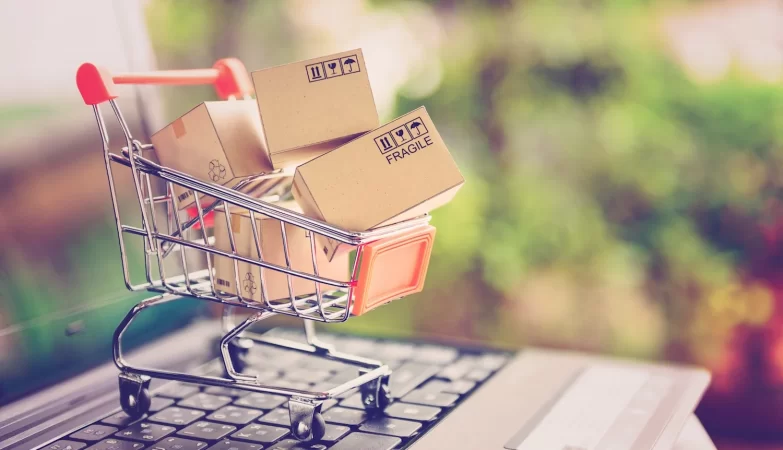By Rumbidzai Mugwagwa
IN a world where the internet is borderless, the liability of e-commerce platforms for third-party content such as Intellectual property is a global concern. Intellectual property in e-commerce is perhaps the most neglected, yet the highest value bearing component of e-commerce. That is either because it is less understood, or important connections to e-commerce are not apparent. E-commerce is a new way of conducting, managing and executing business transactions using modern information technology. Important concerns should be focusing on protecting your own intellectual property versus violating someone else’s intellectual property. The rise of e-commerce has subverted the traditional business model and because online orders are simple and fast, online transaction negotiation is not limited by time, region, or language.

Intellectual Property vs Technology
Generally, an ecommerce website contains product descriptions and images/logos, thus the question becomes whether you have a legal right to publish those trademarks and copyright works. Content on your website has to be something that you either own or have authority to use, in the public domain or can be covered under the fair use doctrine. E-Commerce takes place on the internet, many of your assets exist in the form of intangible assets which are accessible to all, making it harder than ever to regulate and control your assets.
Challenges and Potential Solutions
The development of e-commerce platforms often faces the dilemma that a considerable part of the goods sold online can be counterfeit goods which infringe on the intellectual property of the original owner of the trademarks as an example.
E-commerce platforms become a battlefield between trademark squatters and brand owners. In order to reduce business risks, companies should strengthen the trademark registration layout in advance and update trademarks portfolios in a timely manner. At the same time, online merchants can actively use the IP protection mechanism on e-commerce platforms to safeguard their rights and interests, and to crack down on pre-emptive registrations and malicious complaints so as to create a healthy e-commerce business environment. Intellectual property rights are territorial in nature, meaning they only have a legal effect in the jurisdiction which they are granted.
The Alibaba Group as an example has pioneered development of effective IP protection systems which use computing technologies and big data. The Alibaba’s Platform governance department has crafted and rolled out an effective system for spotting and disciplining offers involving counterfeit goods on its platforms. Alibaba’s governance model is built around proactive monitoring and an effective IP rights infringement notification system.
One way of securing your IP is drafting contracts on the e-commerce website which stipulate all copyrights, related rights and provide warranty regarding non-violation of third-party rights and usage of their website. The owner of the website shall be able to use, make amendments, update information without restrictions at any given time.
Intellectual Property protection in e-commerce is a complex challenge, which requires more and better co-operation and joint governance among relevant stakeholders, sharing of data and technologies among government authorities, IP rights holders and e-commerce platforms. Such an approach is essential if we are to make a real difference, achieve mutual benefit and ensure that e-commerce continues to thrive. Simply put, we need to find new and more effective solutions to create robust systems for tackling these challenges. New technologies can help us better regulate the online ecosystem to ensure that it continues to expand.







